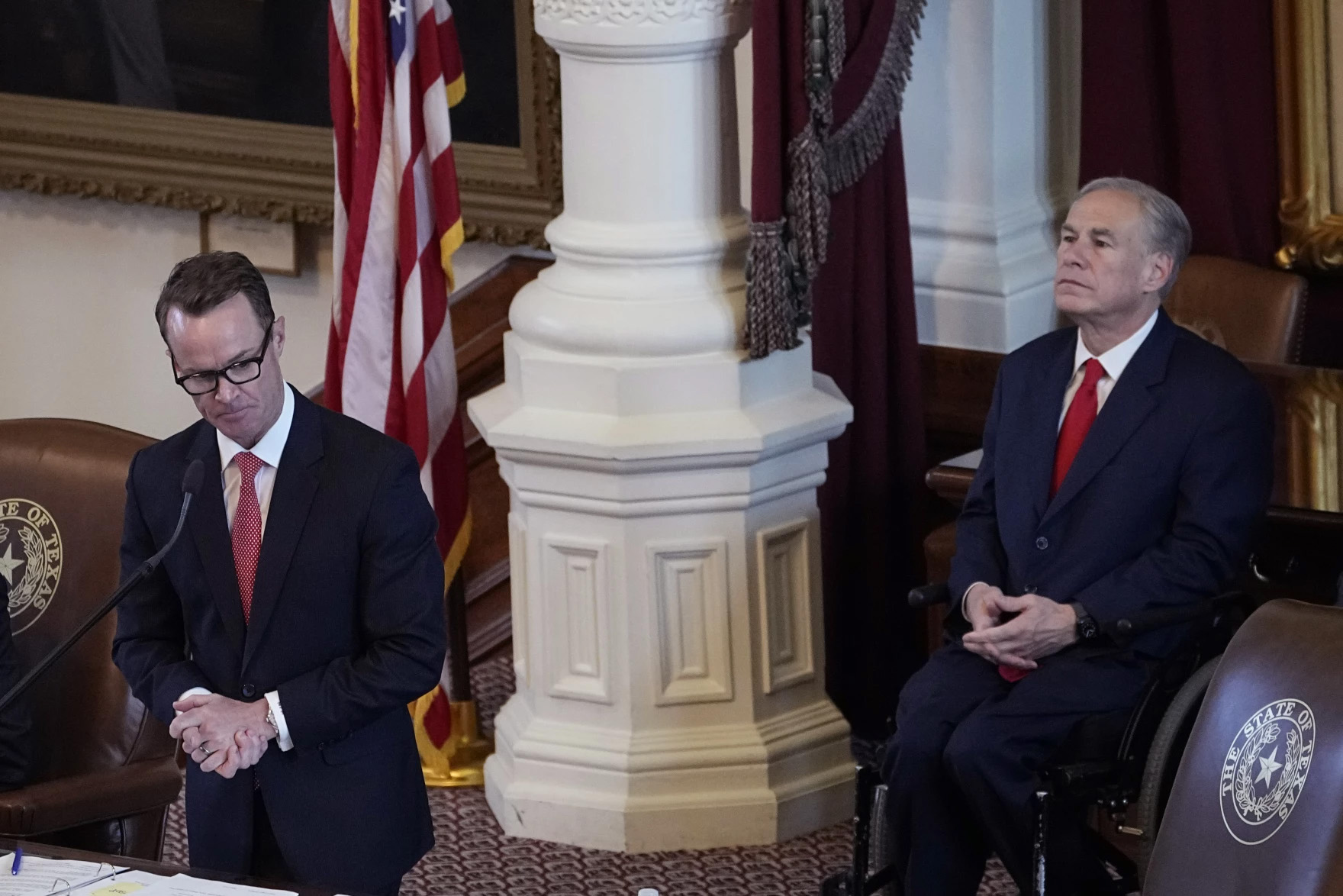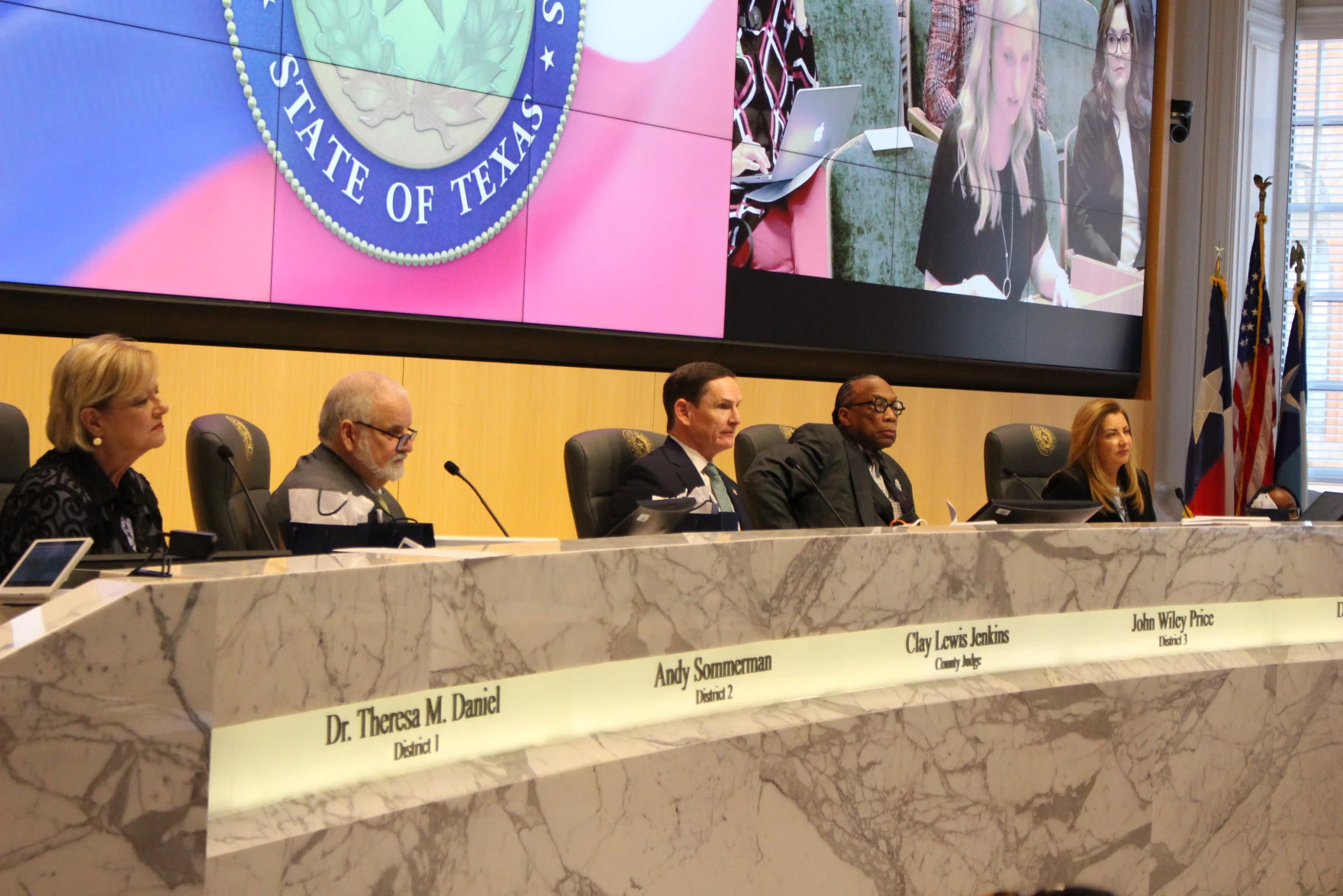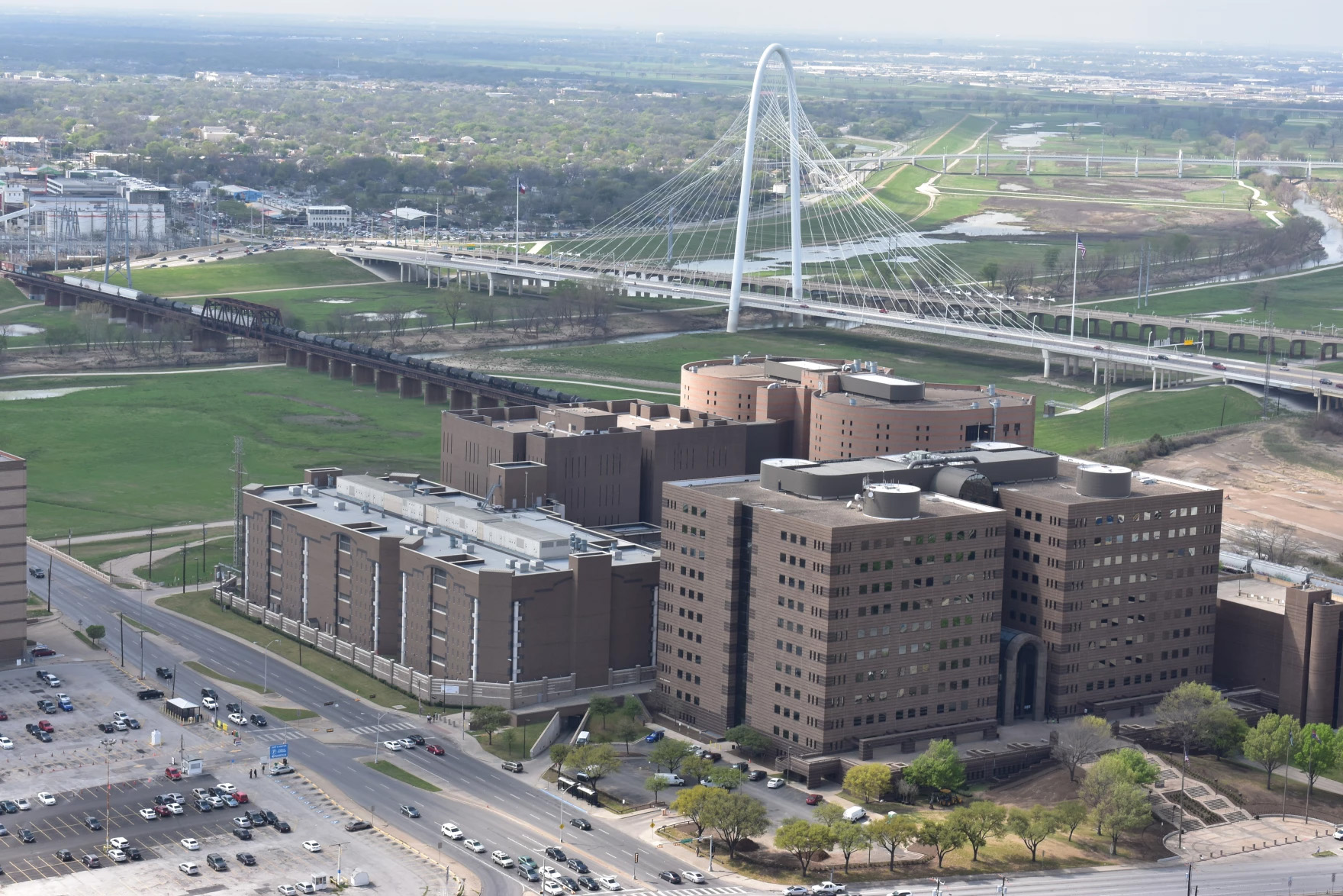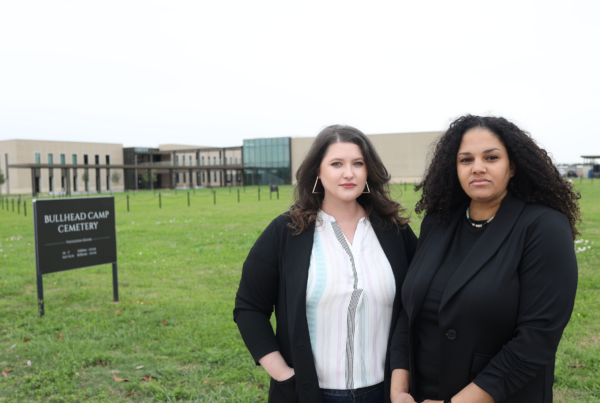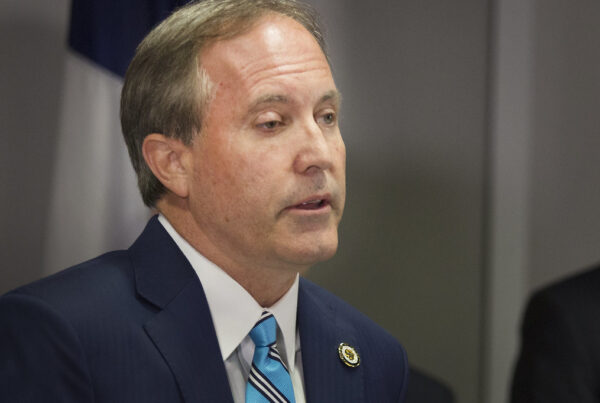From KERA News:
The years-long waiting list for state mental hospital beds got money and attention at the Texas Legislature this year. But serious questions remain about whether people will actually get the care they need.
“There’s way too many people that are jailed … with mental health issues that aren’t getting the care that you would want them to get,” Denton attorney Sarah Roland said. “To see how they are existing just on a human level, I think, is abhorrent.”
In response to the crisis, lawmakers approved billions of dollars for the state’s mental health system.
If Gov. Greg Abbott signs the state budget into law, some experts say as many as 1,000 beds could either come back online or be created by the new funding.
“There is a very significant investment being made in in-patient care,” said Greg Hansch, executive director of the National Alliance on Mental Illness of Texas (NAMI Texas).
But no one thinks 1,000 additional beds is enough to meet the need, and the state is still struggling to deal with a shortage of workers.
Funding was also increased for programs that would divert mentally ill people from jail, although the legislature passed on other promising strategies.
The forensic waitlist
One of Roland’s clients had already been in a North Texas jail for almost a year when he was declared incompetent to stand trial in early 2022. With that designation, the man joined thousands of other pre-trial inmates waiting for a state hospital bed where he could have his competency restored.

Sarah Roland, a criminal defense attorney in Denton, has represented people waiting to have their mental competency restored before they stand trial.
Bret Jaspers / KERA News
Roland said her client was looking at more than 700 additional days in jail before the state would accept him because of a lack of staff, space, and the fact that he was accused of a violent offense.
And his condition was deteriorating.
“He was self-harming in that concrete jail cell. Banging head against the wall, all sorts of things,” Roland said, looking at a photograph she took of her client curled up on the floor of his cell. “Just horrific things you don’t do if you’re in your right mind.”
Roland said she pushed the court to order the state to fulfill its obligation of care, even subpoenaing the head of the state health commission. Later, a doctor asked the judge to mandate medication for her client. He’s now considered mentally competent and is awaiting trial.
Even though Roland’s client has achieved some level of stability, there are thousands of others who continue to languish.
Texas’ so-called “forensic waiting list” stretched to 2,364 people earlier this month, according to the state. This is a group of inmates that needs persistent and costly mental health treatment.
A big question heading into the recently concluded legislative session was what lawmakers would do to reduce the size of the list, since inmates are seeing no movement on their cases and counties have been forced to absorb the significant cost of their health care.
“If we’re not going to take those inmates, we should at least pay for them,” said Texas Rep. James Frank (R-Wichita Falls).
Frank and others proposed bills to force the state’s health and human services commission to reimburse counties when a mentally incompetent inmate waits more than 45 days for placement in a state hospital.
Those bills never got off the ground in the State Senate.
Lawmakers did, however, spend significant money on the problem:
⋅ About $200 million on operational costs, including salaries for workers, at state mental hospitals.
⋅ More than $300 million on contracting mental health beds at private or community-based hospitals.
⋅ More than $2 billion to help build, refurbish, or replace state mental hospitals in Dallas, Lubbock, Amarillo, San Antonio, Uvalde, Terrell, Wichita Falls, El Paso, the Rio Grande Valley, and elsewhere.
⋅ $38.7 million to upgrade the electronic medical records system in state hospitals
⋅ Millions for educational incentives to increase the number of mental health providers, money for crisis services, and other items.
Hansch said this level of investment should “substantially reduce the forensic waitlist when these new facilities are up and running,” although it would not eliminate it.


